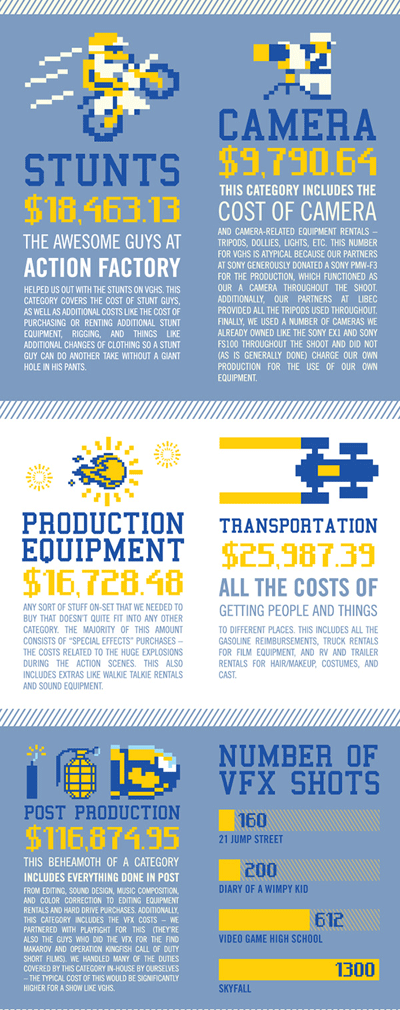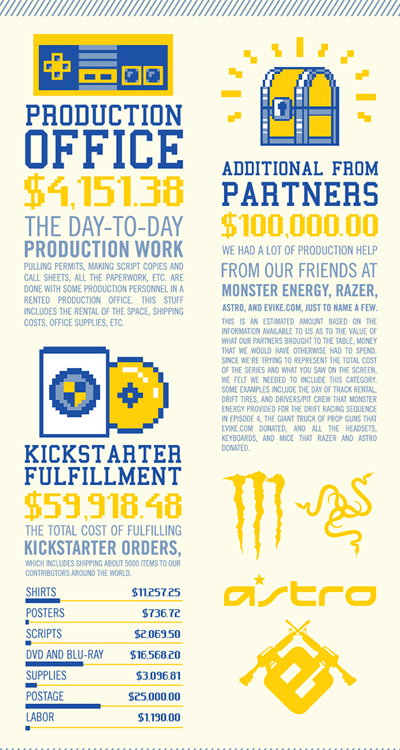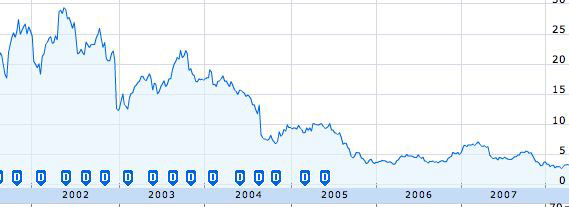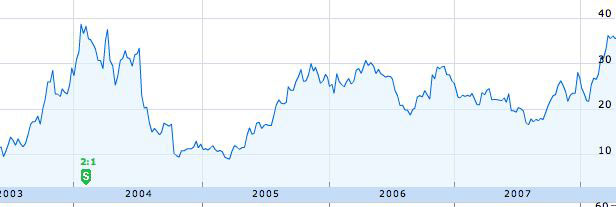It was July 2008, the iPhone was still a novelty and the second iteration called the iPhone 3G had just been released. The iPhone 3G improved on the Original iPhone in speed and connectivity, but the optics were still deficient and it had one big omission. It couldn’t record video. So on July 16, 2008 I penned a blog post titled – iWant the iPhone Pro!. Here is the gist of my commentary…
“The one achilles heel of the current iPhone are its poor optics. The 3G camera is the same 2-megapixel version that shipped with the original iPhone, and it still does not record video. I’m sure some 3rd-party developer will release an App to get it to record video at some point, but at 2-megapixel quality, it won’t be that usable.
So that leads me to the ‘iPhone Pro’. When is it coming, Steve? Oh, you know its coming. Let’s not forget that Apple is steeped in movie making software. This is a company that pioneered the .MOV QuickTime video codec. This is a company that produces Hollywood studio-quality editing software in Final Cut Pro, and has further leveraged their editing prowess to create iMovie for Joe Consumer. Don’t you think we’re going to see iMovie Mobile on the iPhone?
Sooner or later, Steve Jobs is going to walk on stage at the Moscone Center and he’s going to unveil the iPhone of all iPhones. An iPhone that isn’t just going to continue to revolutionize the cellular handset industry, but an iPhone that makes every digital still and video camera manufacturer quiver with fear. Everything from 8+ megapixels, 30-frame-per-second video, zoom, autofocus, image stabilizer etc., and combine all of this with the ability to edit and compose your photos and videos with Apps like Aperture Mobile and iMovie Mobile. Steve Jobs may even bring Steven Spielberg on stage to help demo it and suggest that we are eventually going to witness full-length feature films edited and shot entirely on an iPhone. Heck, we can’t even be that far off from an iPhone HD.
So when is the iPhone Pro coming? I have no idea, but when it does, you can be sure I’ll be buying my first iPhone.”
Fast-forward 6 years, and while I’ve owned my fair share of iPhones and already moved on to Android, I was reminded of that previous post after watching a new commercial spot for luxury automaker Bentley. Bentley produced a beautiful 4-minute promo that was shot entirely on an iPhone 5S and edited exclusively on an iPad Air while sitting in the back of a Bentley Mulsanne. Check it out…
This is by no means the first ‘all iPhone’ commercial production. Another example would be Burberry partnering directly with Apple for their Spring/Summer 2014 fashion show. Burberry used nine iPhone 5S to shoot and produce video of the show.
While Steve Jobs is no longer with us, Steven Spielberg has yet to release a sequel to E.T. shot exclusively with an iPhone and my original post is 6 years old, there is no denying now that the age of the ‘iPhone Pro’ has most definitely arrived.







